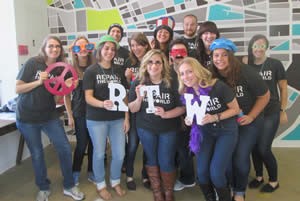 Only one organization is devoted exclusively to engaging young Jewish adults as volunteers, and to infusing their volunteer service with Jewish learning and values: Repair the World.
Only one organization is devoted exclusively to engaging young Jewish adults as volunteers, and to infusing their volunteer service with Jewish learning and values: Repair the World.
Last year alone, Repair the World engaged 32,645 unique individuals in service and educational programming. They performed over 50,000 hours of direct service. These efforts were connected to meaningful Jewish learning, with an understanding that everyone connects to Judaism in their own way. Repair empowers young Jews to learn how their passion for service relates to Jewish values, traditions, teachings, and personal Jewish heritage.
Repair is taking this effective approach and creating unique High Holiday opportunities for Jews across the country. With dozens of organizational partnerships in place, Repair will help individuals connect to the holidays in personally meaningful ways—through relationships with peers, through community building, and through intentional volunteer service. Its High Holiday campaign focused on Food Justice will mobilize thousands of individuals, offering opportunities to lead volunteer efforts, to host and attend Shabbat dinners centered on food justice, and to elevate the conversation through thought leadership and social media opportunities.
Mariel Schwartz of Ann Arbor is on board as a “Movement Leader,” ready to lead efforts in her community:
Being a Movement Leader with Repair the World is a great opportunity to make a difference in my local community during an important time in the Jewish calendar. The chance to set the tone for the year ahead is energizing and empowering!
I now have the tools I need to create a meaningful service opportunity for friends and peers. It’s also a chance to experience the High Holidays in a way that reflects my Jewish values and is meaningful to me.
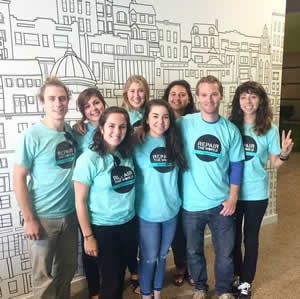 The Jewish High Holidays are a time for reflection, community gathering, and setting the tone for the coming year. For Repair the World, it’s only the beginning of more big things to come. With year-round opportunities like Repair the World Communities—in Pittsburgh, Detroit, Baltimore, Philadelphia, and now New York—Alternative Spring Breaks, and hundreds of other public programs, Repair is the destination for meaningful Jewish service learning.
The Jewish High Holidays are a time for reflection, community gathering, and setting the tone for the coming year. For Repair the World, it’s only the beginning of more big things to come. With year-round opportunities like Repair the World Communities—in Pittsburgh, Detroit, Baltimore, Philadelphia, and now New York—Alternative Spring Breaks, and hundreds of other public programs, Repair is the destination for meaningful Jewish service learning.
Learn more about Repair the World’s High Holidays Food Justice Program.
The Jim Joseph Foundation has awarded more than $8 million to Repair the World.
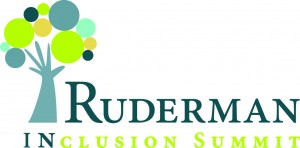 , 2015 at the Seaport World Trade Center.
, 2015 at the Seaport World Trade Center.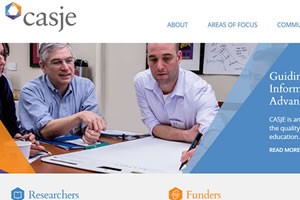
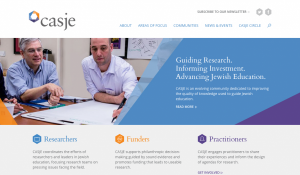 Welsome to the new CASJE website,
Welsome to the new CASJE website, 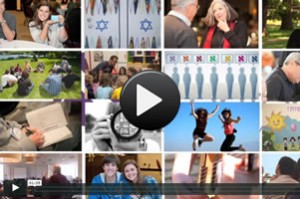
 iCenter opportunities and initiatives continue to grow and expand. Its “Conflict Toolkit” is a sophisticated and nuanced approach to learning, discussing, and understanding Israel in conflict. The
iCenter opportunities and initiatives continue to grow and expand. Its “Conflict Toolkit” is a sophisticated and nuanced approach to learning, discussing, and understanding Israel in conflict. The 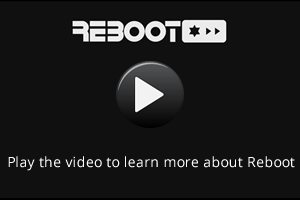
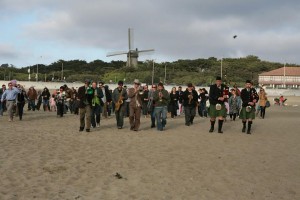
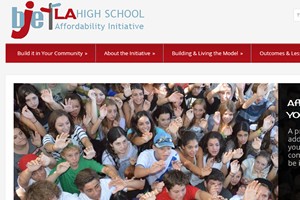
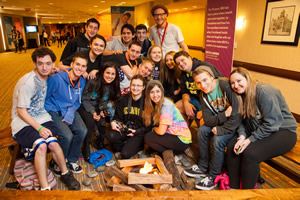
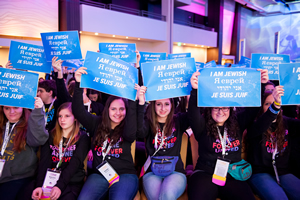
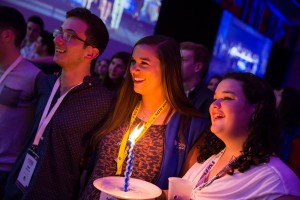
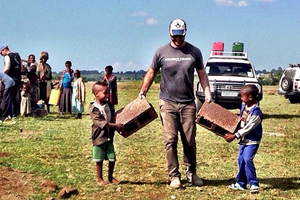
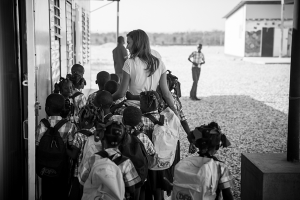
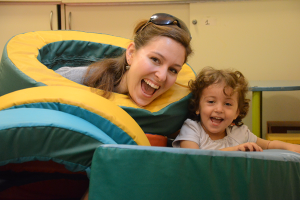
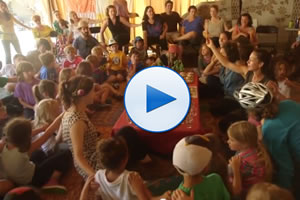
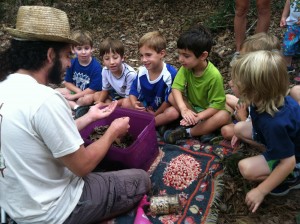
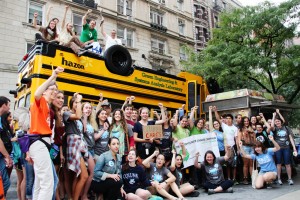
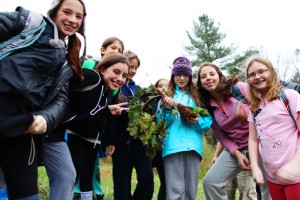
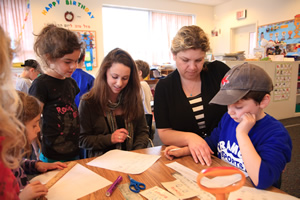 When it comes to teacher preparation, the DeLeT program—Day School Leadership through Teaching—has a 13 year record of helping develop teachers into dynamic and effective educators. DeLeT operates at both
When it comes to teacher preparation, the DeLeT program—Day School Leadership through Teaching—has a 13 year record of helping develop teachers into dynamic and effective educators. DeLeT operates at both 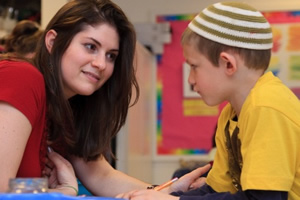 DeLeT’s broad vision links initial teacher preparation with new teacher induction and ongoing professional development. Thus, DeLeT works with graduates across their career. At Brandeis, most of the current mentor teachers are graduates of the program who develop their mentoring skills by attending a monthly mentor-teacher study group. At HUC-JIR in Los Angeles, mentors meet six times during each cycle—two Y’mei Limmud and four Mentor Shuirim. At the beginning of each cohort, the mentors also attend a day long summer institute.
DeLeT’s broad vision links initial teacher preparation with new teacher induction and ongoing professional development. Thus, DeLeT works with graduates across their career. At Brandeis, most of the current mentor teachers are graduates of the program who develop their mentoring skills by attending a monthly mentor-teacher study group. At HUC-JIR in Los Angeles, mentors meet six times during each cycle—two Y’mei Limmud and four Mentor Shuirim. At the beginning of each cohort, the mentors also attend a day long summer institute.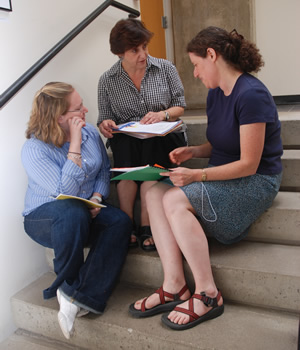 DeLeT continues to accept new cohorts annually, while at the same time evaluating the program to glean insights that can help the entire field of Jewish education. One current study underway examines how DeLeT students’ ideas about effective teaching evolve over the course of the program. A second study surveys graduates from DeLeT and three other teacher preparation/induction programs—Stern College, Jewish Theological Seminary and the Jewish New Teacher Project—to better understand why they choose to stay in day school teaching or leave the field.
DeLeT continues to accept new cohorts annually, while at the same time evaluating the program to glean insights that can help the entire field of Jewish education. One current study underway examines how DeLeT students’ ideas about effective teaching evolve over the course of the program. A second study surveys graduates from DeLeT and three other teacher preparation/induction programs—Stern College, Jewish Theological Seminary and the Jewish New Teacher Project—to better understand why they choose to stay in day school teaching or leave the field.